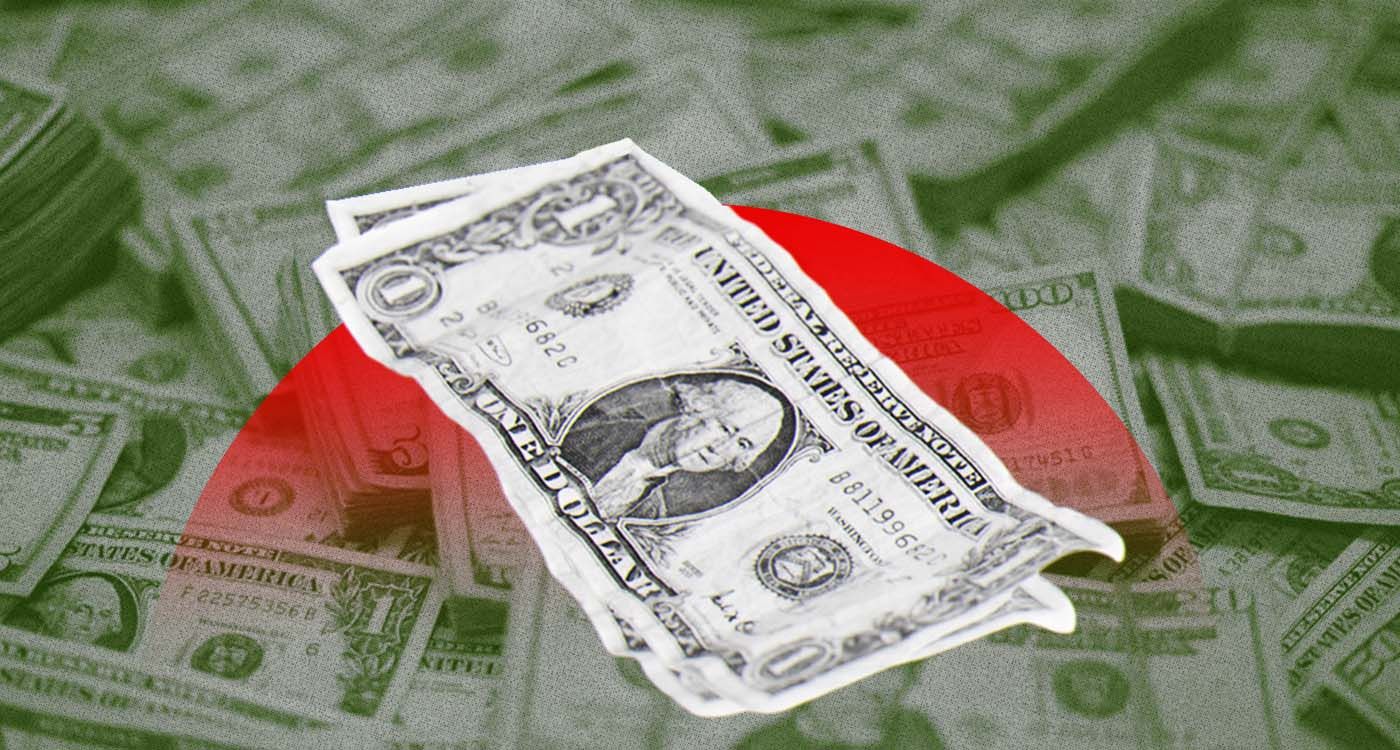
The local market is flooded with US dollar bills of all denominations – $5, $10, $20, $50 and $100 – showing various signs of wear: stained, damaged, torn, creased, faded, and sometimes even patched with tape. But are these bills still valid?
In a country where the economy is almost entirely dollarized, the high demand and intense circulation of dollar bills accelerate their deterioration, especially since authorities do not replace them sufficiently.
Adding to this is a well-established habit among some Lebanese: marking or stamping the bills in their possession to validate them and prolong their use, regardless of their condition. “Due to the lack of bill counters capable of verifying both authenticity and condition, some people adopt such practices,” explains a banker interviewed by This is Beirut, acknowledging but regretting this reality.
Damaged Bills: What to Do
If you have a damaged banknote, don’t panic – as long as it is authentic, it retains its face value. However, an individual or business is within their rights to refuse a payment with a damaged bill if they believe it will be difficult to reuse.
In practice, Lebanese economic actors have gotten used to the presence of damaged bills and, lacking an alternative, reluctantly accept them. “Today, almost all the bills in circulation are more or less damaged,” confides a shopkeeper, speaking on condition of anonymity. However, he categorically refuses torn or taped-up bills, a stance most professionals share.
In general, citizens are advised to inspect their bills at the time of transaction and, if possible, refuse a damaged one on the spot. If not, the only option is to go to a Central Bank-licensed exchange office to exchange it for Lebanese pounds.
In the case of a bill withdrawn from an ATM, the person can go to the bank branch that operates it to obtain a replacement as quickly as possible. “There should be no issue, since the bill’s serial number is traceable, and surveillance cameras can confirm who withdrew it,” says a banking source.
Shortage of New Bills
Interviewed by This is Beirut, a source familiar with the matter indicates that the cash transporters to the US Federal Reserve – six or seven in total – remain operational in Lebanon. However, amid the current crisis, they charge high fees for their services.
Their commission generally ranges between 2 and 3 per thousand, but can reach 1.5% to 3% when it comes to transporting small denominations of damaged US bills or $100 notes lacking the blue 3D security ribbon, issued prior to the 2009 series.
In short, the combination of high dollar demand, a shortage of new bills, heavy currency use and the country’s difficult economic situation has led to a proliferation of damaged US bills in circulation.




Comments